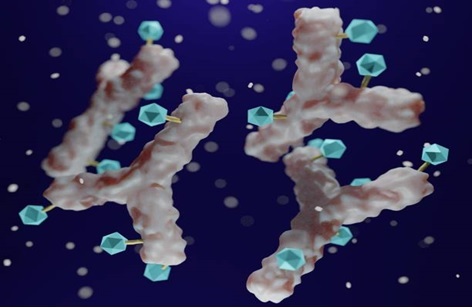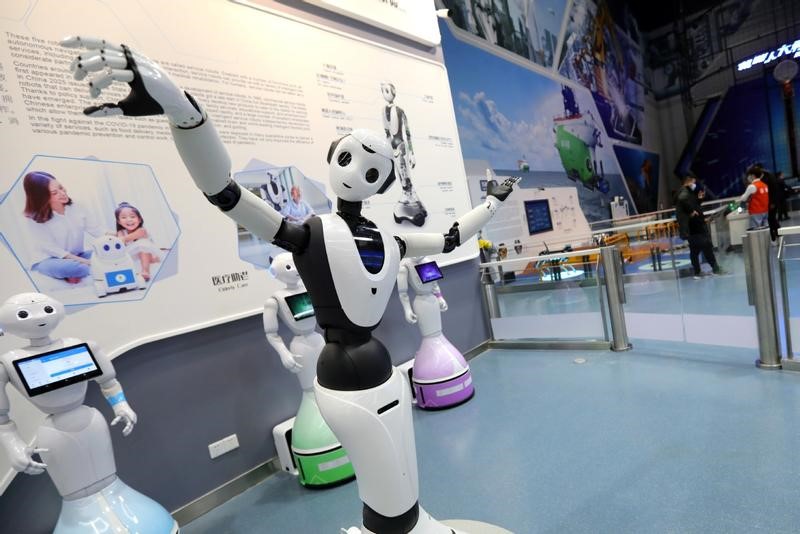Human Genome Sequencing
Human genome sequencing is the process of determining the complete DNA sequence of a human genome. The human genome is the complete set of genetic instructions encoded in the DNA of an individual, and consists of approximately 3 billion base pairs.
The development of high-throughput sequencing technologies has greatly advanced the field of human genome sequencing, making it possible to sequence an individual's entire genome in a matter of weeks or days. The Human Genome Project, an international research effort launched in 1990, was the first major project to sequence the entire human genome.
Universal new born screening (NBS) is a highly successful public health intervention. Archived dried bloodspots (DBS) collected for NBS represent a rich resource for population genomic studies. To fully harness this resource in such studies, DBS must yield high-quality genomic DNA (gDNA) for whole genome sequencing (WGS). In this pilot study, we hypothesized that gDNA of sufficient quality and quantity for WGS could be extracted from archived DBS up to 20 years old without PCR (Polymerase Chain Reaction) amplification. We describe simple methods for gDNA extraction and WGS library preparation from several types of DBS. We tested these methods in DBS from 25 individuals who had previously undergone diagnostic, clinical WGS and 29 randomly selected DBS cards collected for NBS from the California State Biobank.

Figure .1 Human genome sequencing
Figure 1 shows Human genome sequencing has a wide range of applications in medicine, research, and other fields. In medicine, it can be used to diagnose and treat genetic diseases, as well as to identify individuals who may be at risk for certain conditions. By analysing an individual's genetic data, healthcare providers can develop personalized treatment plans and prevention strategies.
Human genome sequencing is also being used extensively in basic and applied research, allowing scientists to study the function of genes and their role in various biological processes. By comparing the genomes of different individuals, researchers can gain insights into the genetic basis of complex diseases and traits, as well as the evolutionary history of human populations.
However, there are also concerns about the ethical, legal, and social implications of human genome sequencing. For example, there are concerns about the privacy and confidentiality of genetic data, as well as the potential for discrimination based on genetic information. There are also concerns about access to and control over genetic data, particularly for vulnerable or marginalized populations.
Overall, human genome sequencing represents a powerful and rapidly evolving technology with enormous potential for improving human health and advancing scientific knowledge. However, careful consideration of ethical, legal, and social issues is essential to ensure that the technology is used in a responsible and ethical manner.
References:
- https://www.nature.com/articles/s41598-022-27311-7
Cite this article:
Janani R (2023),Human genome sequencing, AnaTechMaz, pp.157















